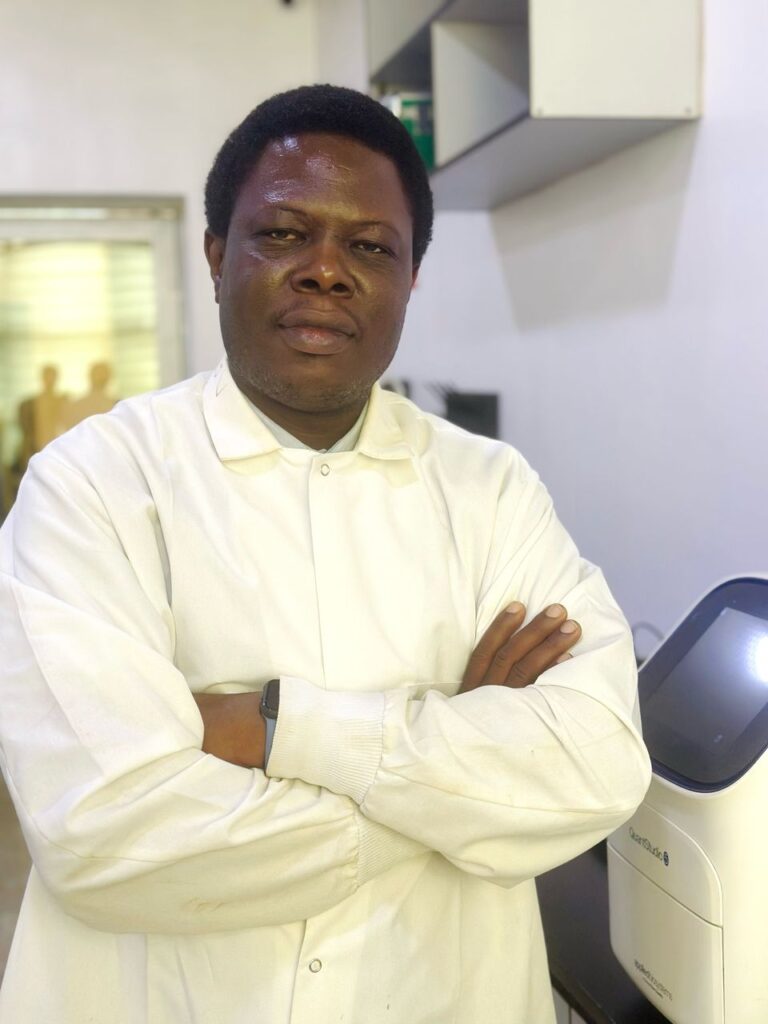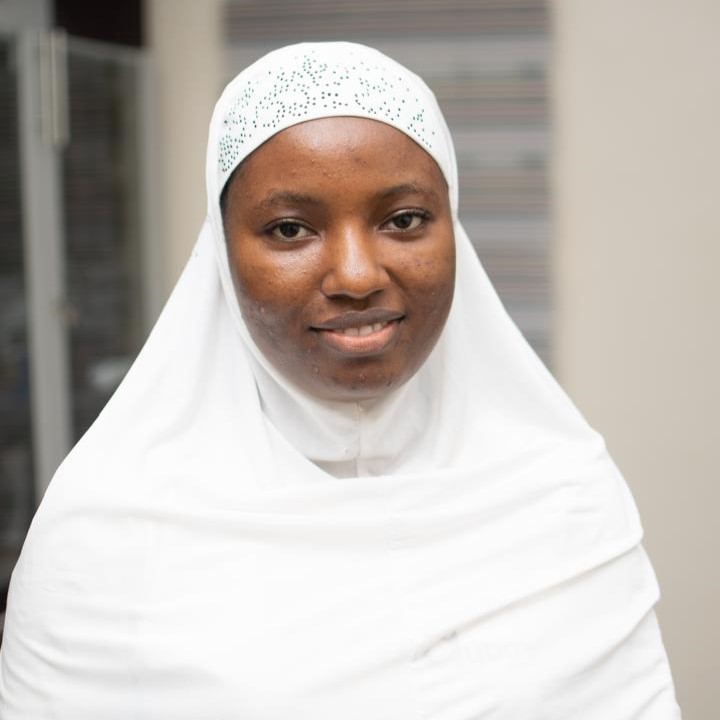A Nigerian academic, Solomon Rotimi, a professor at Covenant University, has recorded a significant milestone in cancer research by publishing a pioneering study on the genetic underpinnings of breast cancer among Nigerian women.
The study, titled “Screening of Germline BRCA1 and BRCA2 Variants in Nigerian Breast Cancer Patients,” appears in the high-impact journal Technology in Cancer Research & Treatment and is being hailed as a breakthrough, both for local scientific capacity and the broader fight against cancer in Africa.
According to the study, cancer burden poses a particularly urgent challenge in Nigeria, as women are often diagnosed at a younger age and often present with more aggressive forms of the disease, such as triple-negative breast cancer and frequently lack access to early detection or precision treatment options.
It noted that while having family history of the disease and genetic factors are well-established risks, very little is known about the specific genetic factors driving breast cancer in Nigerian women.
The study further highlighted that genes like BRCA1 and BRCA2, which are known to increase the risk of breast and ovarian cancer, have been extensively studied in western populations, but that there has been a dearth of such studies in African contexts. Where such studies have been done in Nigeria, the researchers rely heavily on foreign expertise.
Research findings
Study conducted by Mr Rotimi’s team, however, marks a departure from the existing trend using advanced technology.
The researchers utilised advanced Deoxyribonucleic acid (DNA) sequencing technology to examine BRCA1 and BRCA2 genes in blood samples from Nigerian women.
They conducted all the laboratory work, from DNA extraction to sequencing and data analysis, locally at Covenant University’s Cancer Genomics Laboratory, under the Covenant Applied Informatics and Communication Centre of Excellence (CApIC-ACE).
Findings from the research shows that approximately 7 per cent of the breast cancer patients studied were found to carry harmful BRCA1 or BRCA2 variants.
These variants, according to the study, were found only in women with triple-negative breast cancer who also had a family history of the disease, reinforcing the link between genetic inheritance and disease susceptibility.
In contrast, the harmful variants were absent among healthy women. The study also discovered unique BRCA gene patterns, known as haplotypes, that are distinct in Nigerian women, patterns rarely or never seen in other populations.
Additionally, the researchers identified many other BRCA variants that may not be harmful in isolation but could contribute to cancer risk when combined with other factors while the study further reveals that some Nigerian women may carry unique genetic markers for breast cancer that are not seen in Western population.
The findings therefore support the call for population-specific genetic testing, and early screening tools tailored for Nigerian women, that can help in early identification of women who are at higher risk of breast or ovarian cancer.
“This study matters to controlling the cancer burden because it is a milestone for African science, as it clearly demonstrates our capacity to conduct complex cancer genomics investigation independently, without us tying to the apron of the Western countries.
“It opens the door to genetic counseling and more personalised treatment options which are particularly effective for BRCA-related breast cancers,” the research stated.
Breast cancer
Globally, breast cancer is the most common cancer type among women and the second most common cancer type overall.
Each year, 2.1 million women are affected globally. It is also responsible for 15 per cent of all cancer-related deaths among women as more than 620,000 women died of breast cancer in 2018 alone.
In Nigeria, it accounts for 22.7 per cent of all new cancer cases among women. With 12,000 deaths in 2018, the country had the highest breast cancer mortality rate of all nations.
Data from the International Agency for Research on Cancer (IARC), the World Health Organisation’s specialised agency, indicates that an estimated 2.3 million new breast cancer cases and 670 000 breast cancer-related deaths occurred worldwide in 2022. However, the burden of breast cancer is not evenly distributed across different world regions.
Analysis by the agency and collaborators reveals that on average, one in 20 women worldwide will be diagnosed with breast cancer in their lifetime, and that if current rates continue, by 2050 there will be 3.2 million new breast cancer cases and 1.1million breast cancer-related deaths per year.
According to IARC scientist, Joanne Kim, a doctor, every minute, four women are diagnosed with breast cancer worldwide and one woman dies from the disease, adding that these statistics are worsening.
The study led by Mr Rotimi stated that while having family history of the disease and genetic factors are well-established risks, very little is known about the specific genetic factors driving breast cancer in Nigerian women.
It highlights the need for population-specific genetic screening., noting that integrating genetic testing into breast cancer management strategies could facilitate early detection, personalised treatment planning, and genetic counseling in Nigeria.


